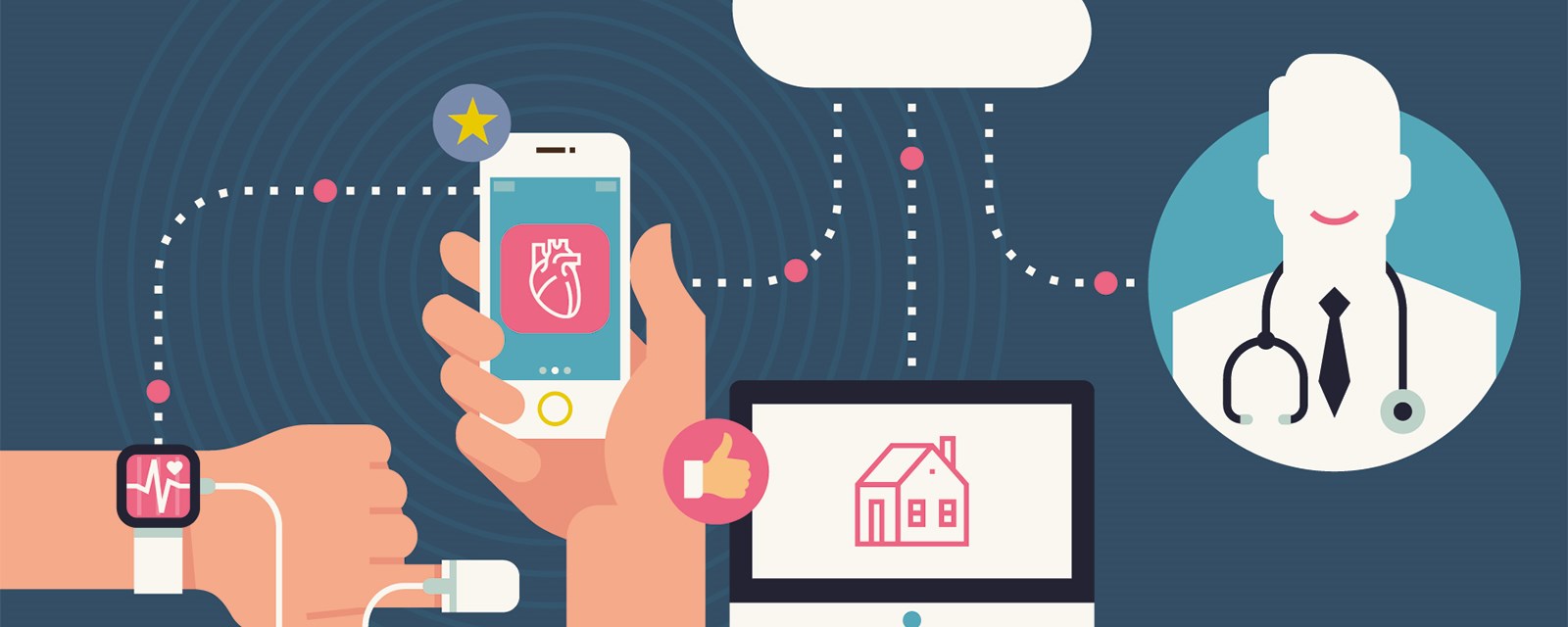
COVID-19: Insights from the rapid transition to digital technology
The arrival of COVID-19 in the UK quickly left frontline health and care services in disarray. Many services saw an overnight flight to digital with audio and video conferencing becoming the norm in a matter of days. Organisations and people accustomed to using digital technology adapted quickly. Many others struggled to adapt to these new ways of working.
Survey results recently published reveal insights into the experiences of people working in health and care services following this rapid transition to new digital health technologies.
Healthcare Excellence Through Technology (HETT), a leading organiser of healthcare technology events and conferences, organised the survey in collaboration with the RSM’s Digital Health Section, the Society for Innovation, Technology and Modernisation, and the British Computing Society.
The aim was to gain insights into the experience of the rapid transition to digital, challenges of remote working and the support received from employers. The survey’s 485 respondents included over 30 RSM members.
Read the results of the survey can be here.
Mr Loy Lobo, President of the RSM Digital Health Section, writes that the key reflections from the survey are:
- Health and care services struggled with the transition. Employers did not provide the right training, equipment, oversight, or support for the transition. People adapted to the situation as best as they could.
- The flight to digital might seem a welcome shove into the 21st century for the industry, but it could be a false dawn. To a large extent, the change has been limited to replacing face-to-face encounters with video-calls. There is little evidence of real transformation where technology has caused a ten-fold leap in productivity, increase in quality and a reduction in cost.
- Without leadership commitment to seize this opportunity to lead a true transformation of services, it is very likely that most services will regress to a pre-pandemic modus operandi as soon as the pressure is off.
So, is there any room for optimism? Definitely yes!
Patients and service users have learned that for the most part they can get what they need from services without having to leave their home or queue up. Many frontline professionals have realised which part of their job can be done anywhere and could become more discriminating about how they choose to use their time on the frontline. But most of all, here is an opportunity for leaders to learn by sharing their experience with other leaders and invest in creating the digital capable workforce to continue service through the pandemic and create resilient organisations in its aftermath.
The Digital Health Section of the Royal Society of Medicine runs an extensive education programme on the role of digital technology in the transformation of health and care services. For more information, visit the Digital Health Section page or search for #RSMDigiHealth.
